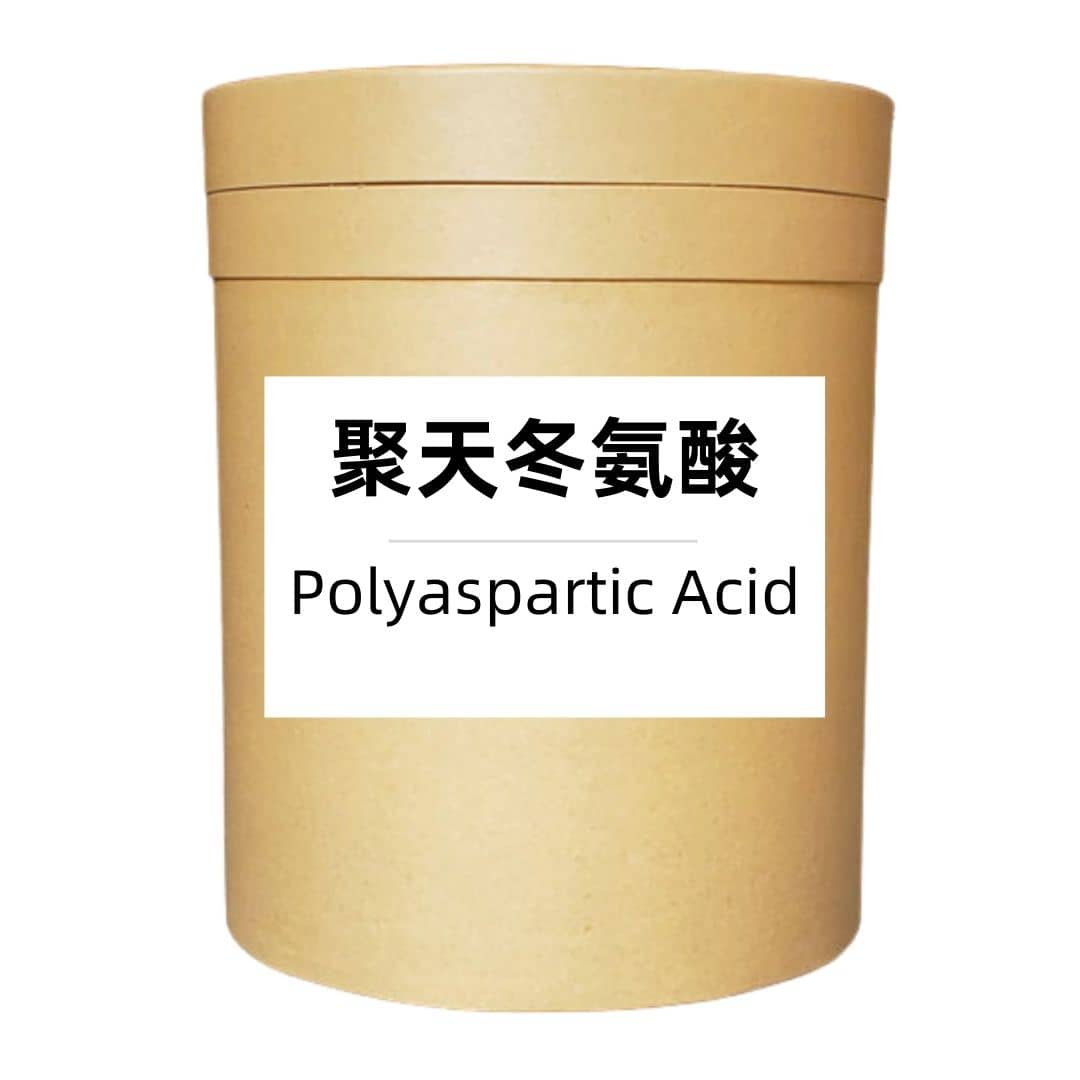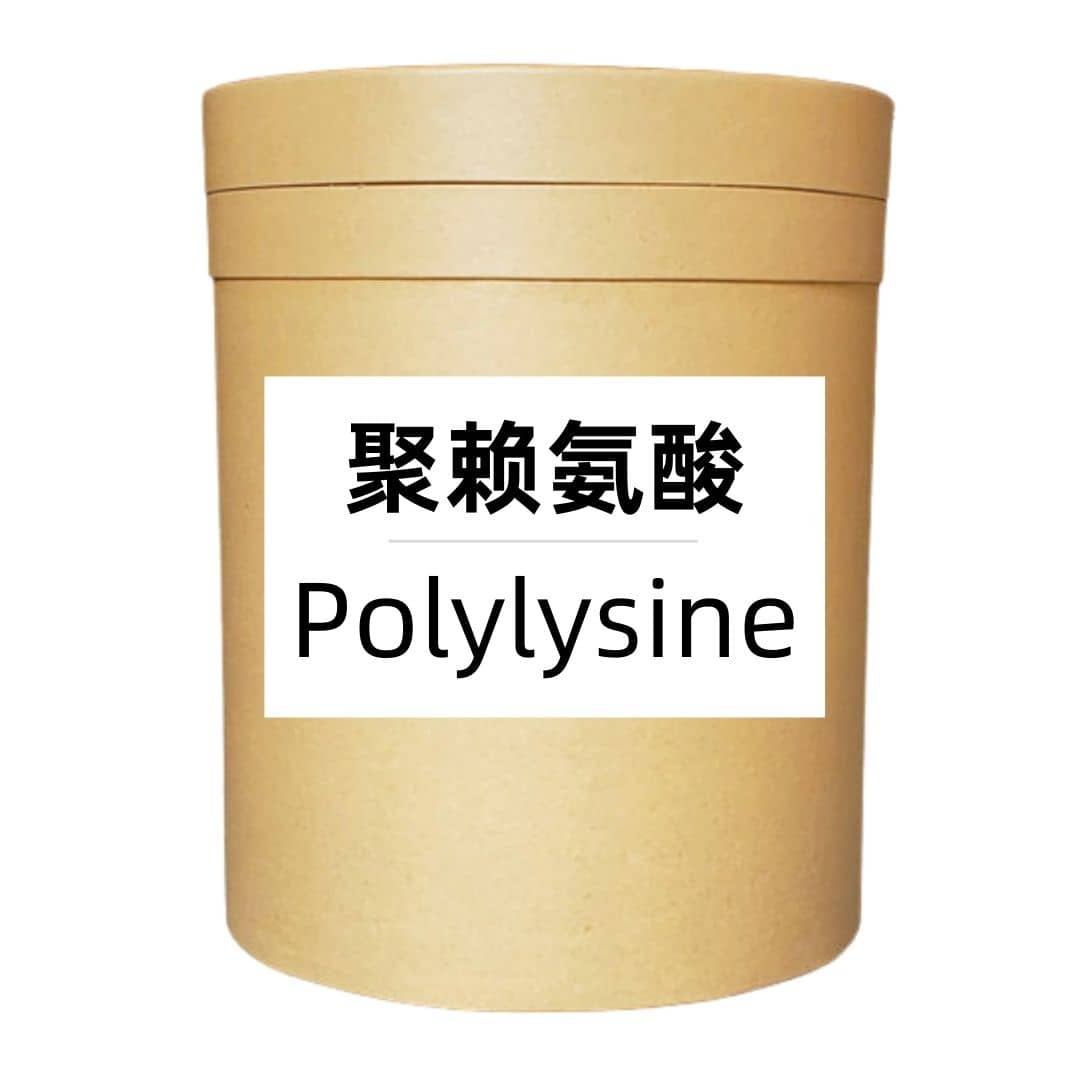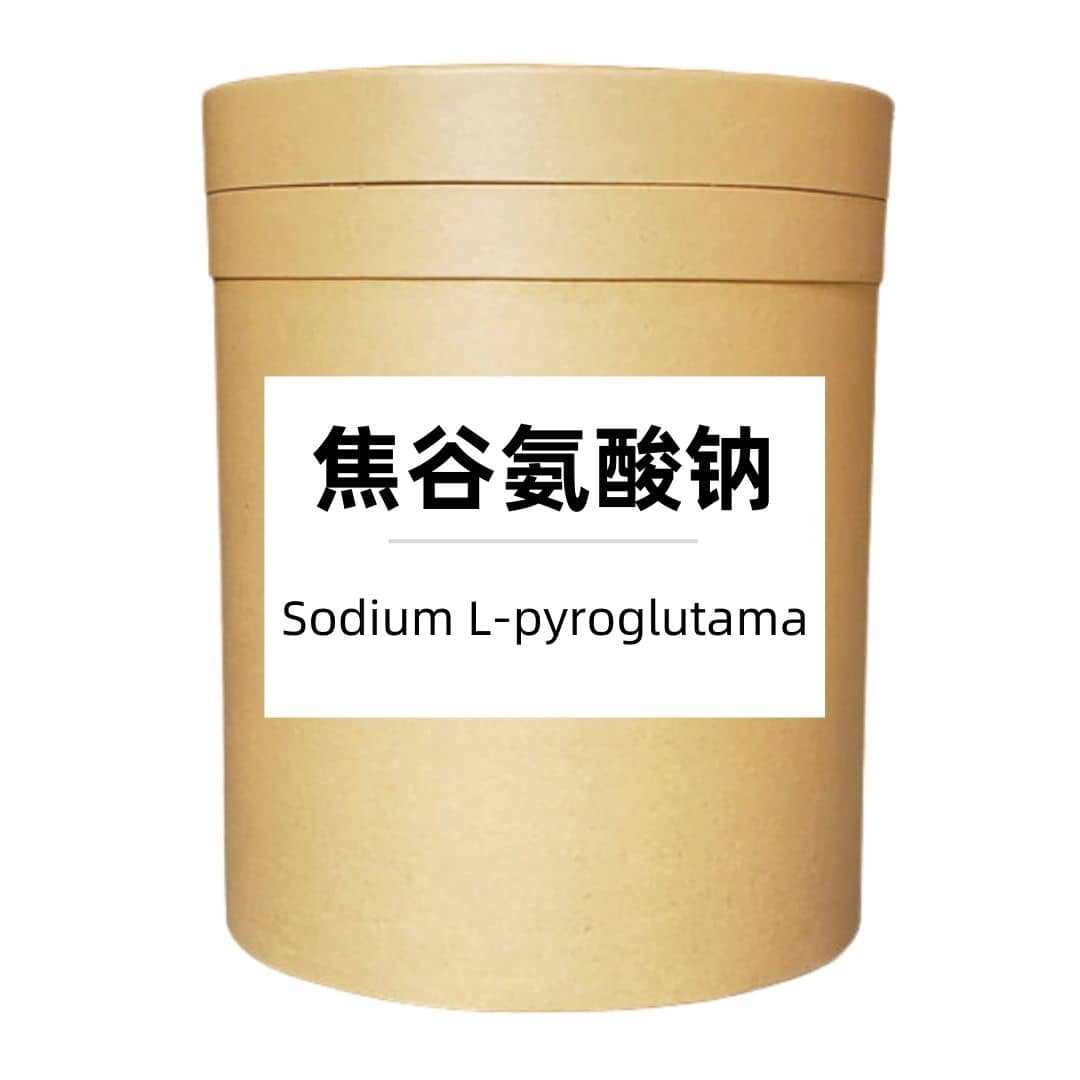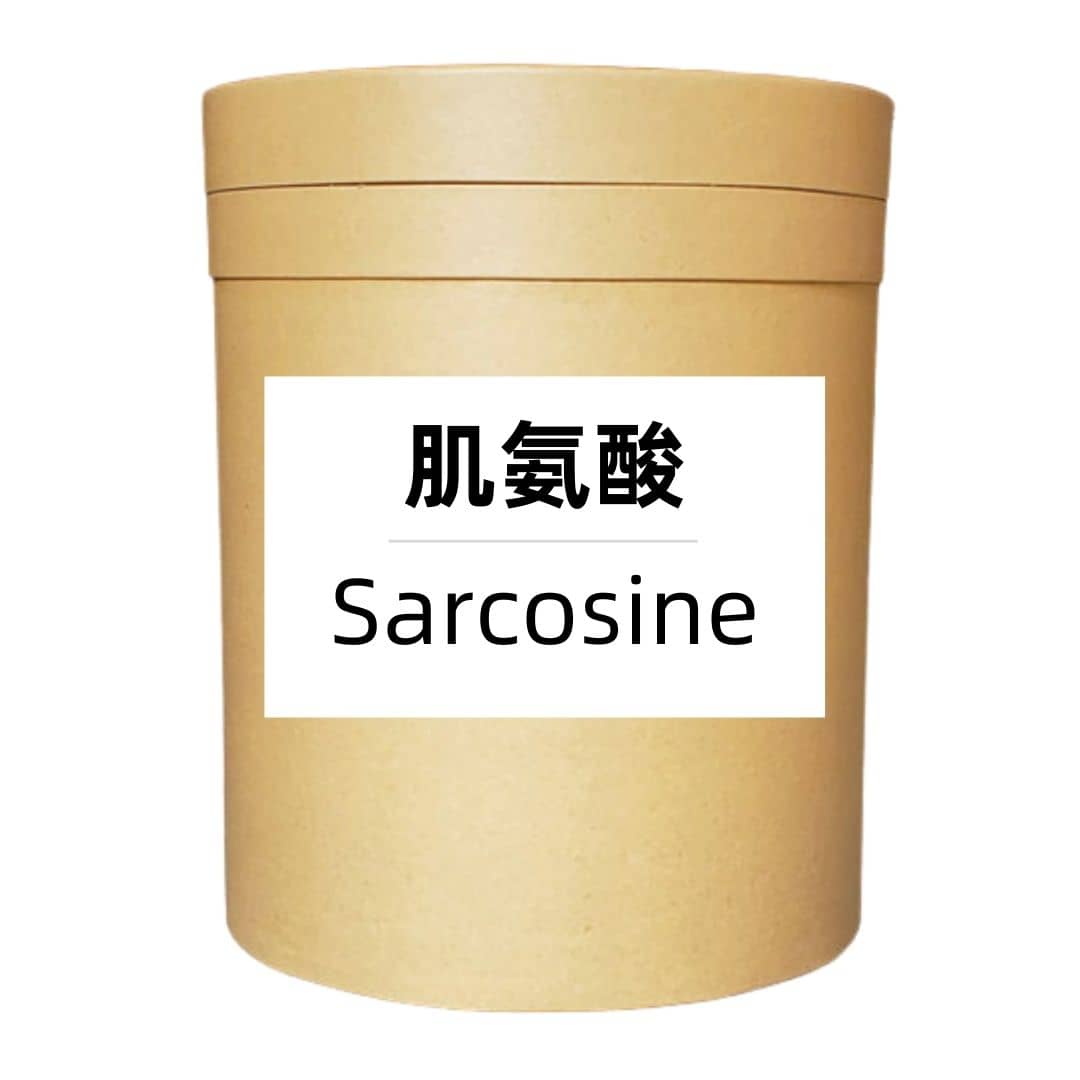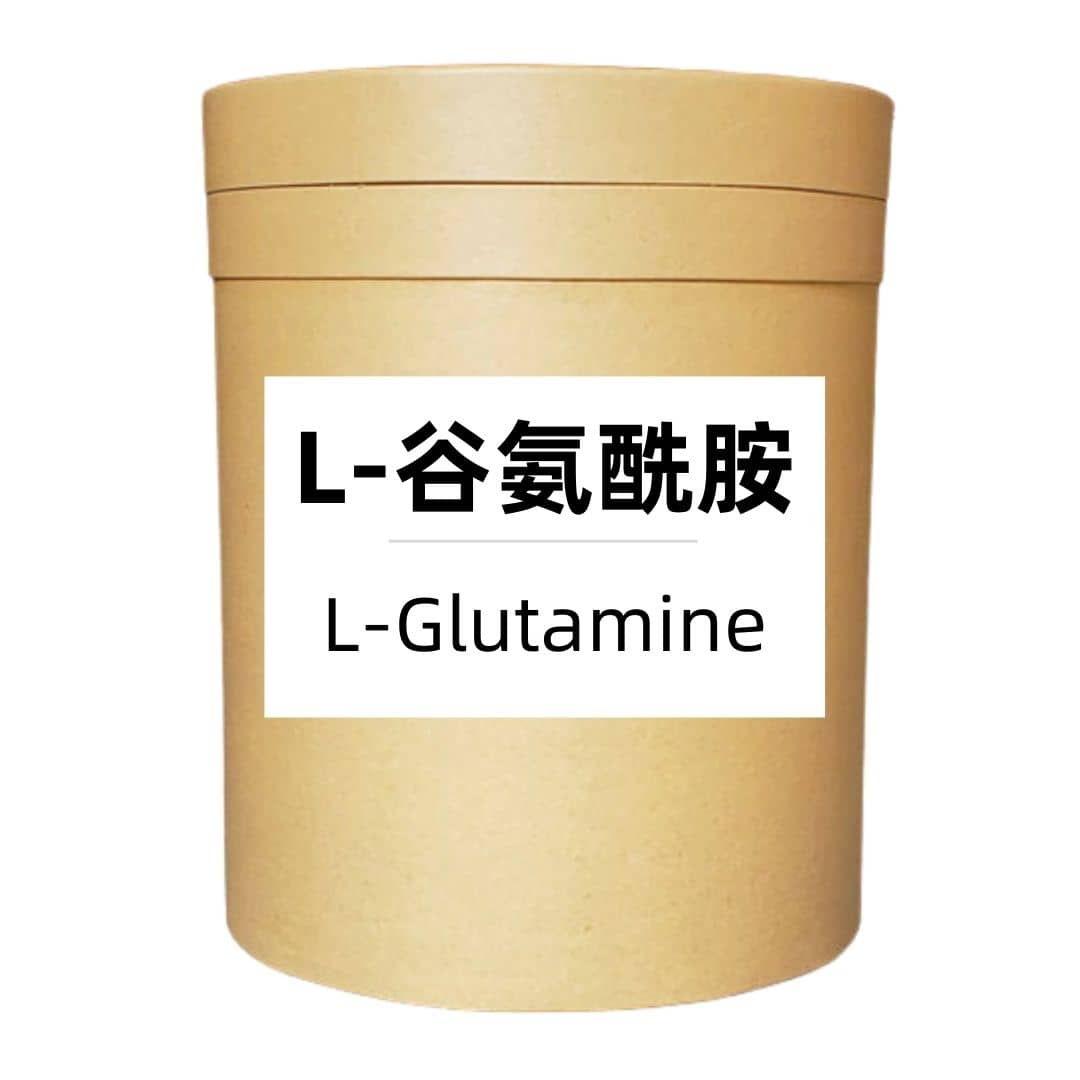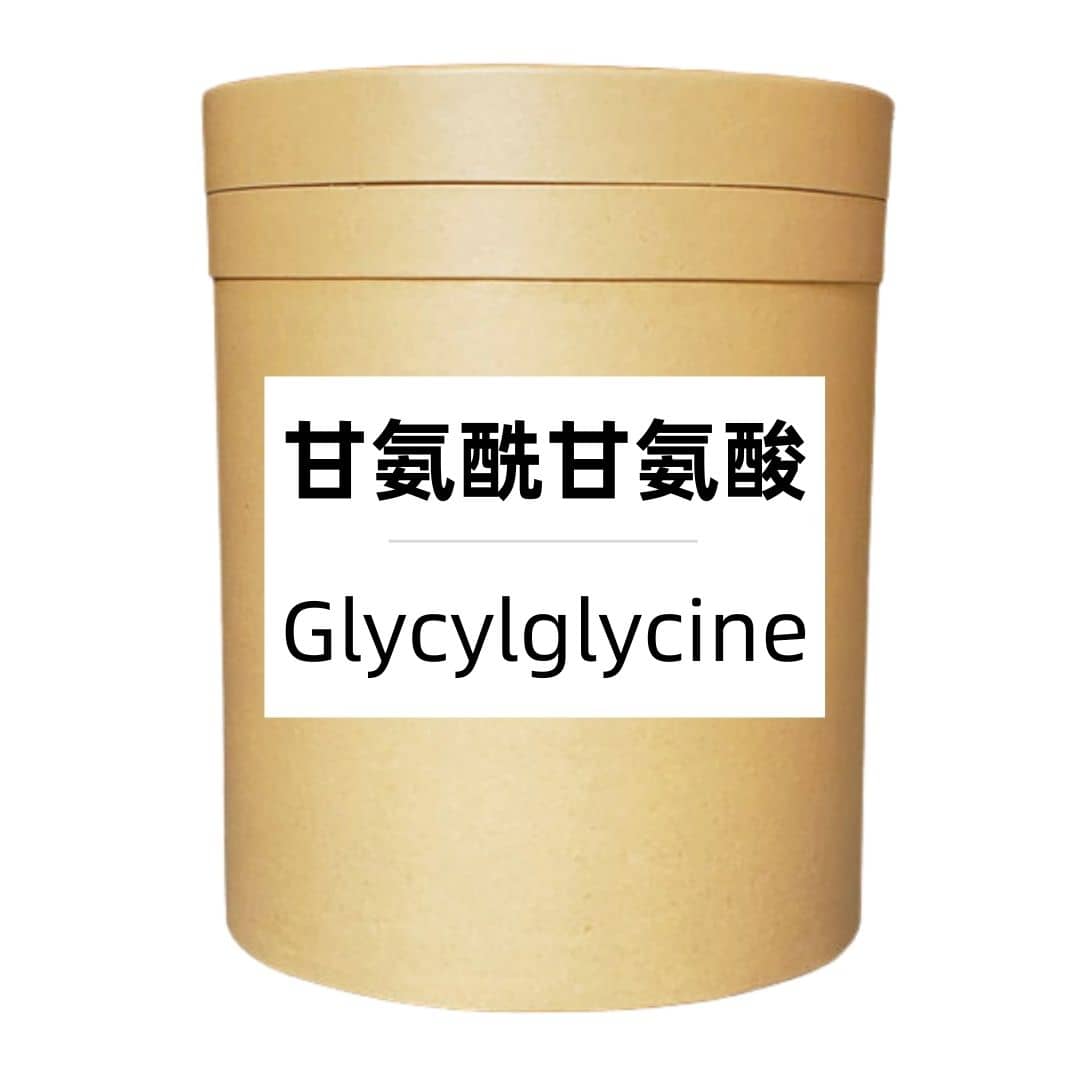Product Introduction
Acetyl-lysine is a derivative of the amino acid lysine, featuring an acetyl group substitution. Its molecular structure incorporates both lysine and an acetyl group. This derivative is widely used in cell biology and biochemistry research to study protein modifications and cellular signaling pathways.
Production Process
Acetyl-lysine is typically produced through organic synthesis. This process involves reacting lysine with acetic anhydride to form acetyl-lysine. By controlling the reaction conditions and using suitable catalysts, the yield and purity of the product can be improved.
Product Efficacy and Functions
- Protein Modification: Acetyl-lysine is a common protein modification that regulates protein structure and function.
- Cellular Signaling Regulation: As a key molecule in cellular signaling, acetyl-lysine is involved in regulating various signaling pathways within cells.
- Biological Research: Acetyl-lysine is often used as a tool in biological and medical research to study protein interactions and cellular functions.
Product Applications
Acetyl-lysine is primarily used in research, with specific applications including:
- Protein Research: Used in protein mass spectrometry and protein modification studies.
- Cellular Signaling Research: Plays a crucial role in studying cellular signaling pathways.
- Drug Development: As a biologically active molecule, it can be used for drug development and screening.
Packaging and Transportation
- Storage Conditions: Store in a cool, dry, and well-ventilated area, protected from light and high temperatures.
- Packaging: Bulk quantities are packaged in 25kg paperboard drums, while smaller quantities are packaged in 1kg aluminum foil bags. Custom packaging is also available upon request.
- Shipping: Products can be shipped via express courier or logistics. Domestic express delivery typically takes three days, while logistics takes five days. Shipping costs are generally included in the quotation.
- Shelf Life: Two years
Monica Sun possesses extensive technical expertise and market insights in the food additives industry. She excels in designing efficient and safe additive formulations tailored to various food applications, ranging from sweeteners to functional dietary fibers. Monica has successfully assisted food manufacturers in optimizing ingredient combinations to enhance product quality and improve consumer satisfaction.









